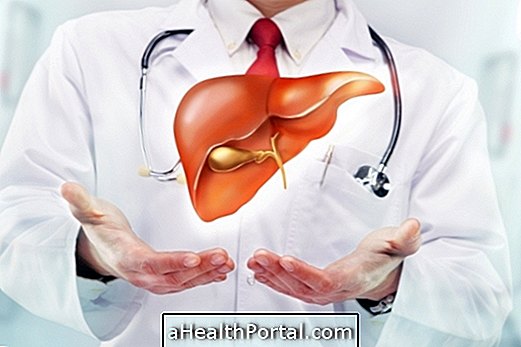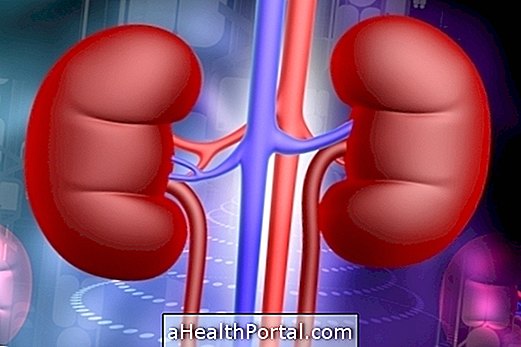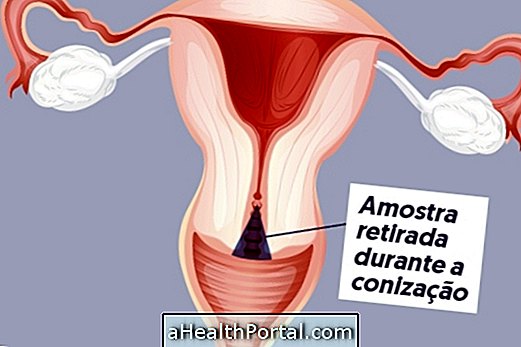Treatment for hepatitis B is not always necessary because most of the time the illness heals itself spontaneously, but in some cases it may be necessary to use medicines prescribed by the doctor.
The best way to prevent hepatitis B is through vaccination, whose first dose should be taken soon after birth, and condom use in sexual intercourse, and it is recommended to avoid sharing of people objects such as syringes, toothbrushes and razor blades, for example.

How is the treatment done?
The treatment of hepatitis is done according to the symptoms and stage of the disease, and can be done only through the control of symptoms or through the use of drugs that prevent irreversible damage to the liver, for example.
Acute hepatitis B
In the case of acute hepatitis B, the symptoms are milder and, in most cases, the use of medications is not indicated, and only resting, hydration and balanced feeding are recommended. However, to reduce the discomfort caused by motion sickness and muscle pain, the use of analgesic and anti-emetic drugs may be indicated, and it is not necessary to take any specific medicine against the hepatitis B virus.
It is important that during treatment, which usually lasts about 6 months, the person does not consume alcoholic beverages and, in the case of women, do not use the contraceptive pill. If during this time you need to take any other medication, the doctor should be warned as it may interfere with the treatment or have no effect.
Usually acute hepatitis has spontaneous cure due to the activity of the immune system, which creates antibodies against the hepatitis B virus and promotes its elimination from the body. However, in some cases, especially when the immune system is most debilitated, acute hepatitis can become chronic and the virus can remain in the body.
Chronic hepatitis B
The treatment of chronic hepatitis B involves both rest, hydration and adequate food, and the use of medicines that have to be taken for a lifetime, such as Lamivudine, Interferon alfa, Famciclovir or Adenofir, for example. These drugs are usually indicated as a way to prevent the onset of chronic diseases such as liver cancer, for example, otherwise the virus would continue to replicate, which could result in irreversible damage to the organ.
Anyone who has chronic hepatitis B should be cared for, should not consume any type of alcohol, and should only take medicine under medical supervision to avoid further damage to the liver. In addition, it is important that regular blood tests are performed to check not only the degree of liver involvement, but also the presence of the hepatitis B virus, since in some cases chronic hepatitis C can be cured and thus treatment may be interrupted by the doctor.
Although possible, curing for hepatitis is difficult to achieve, and is often associated with chronic liver disease due to virus proliferation, such as cirrhosis, liver failure, and even liver cancer.
Here's how you can complement the treatment and increase the chances of healing in the following video:

Signs of improvement or worsening
Signs of improvement or worsening of chronic hepatitis are not very noticeable, so it is recommended that the person carrying the hepatitis B virus does regular blood tests to check for the presence or absence of the virus, in addition to the viral load, which represents the amount of virus present in the blood.
Thus, when the tests show that the viral load is decreasing means to say that the treatment is being effective and that the person shows signs of improvement, however when there is an increase in viral load, it means that the virus continues to proliferate and is indicative of it worsens.
Complications of hepatitis B
Complications of hepatitis B usually take time to emerge and are related to proliferative capacity of the virus and resistance to treatment, with the main complications being cirrhosis, ascites, liver failure and liver cancer.























